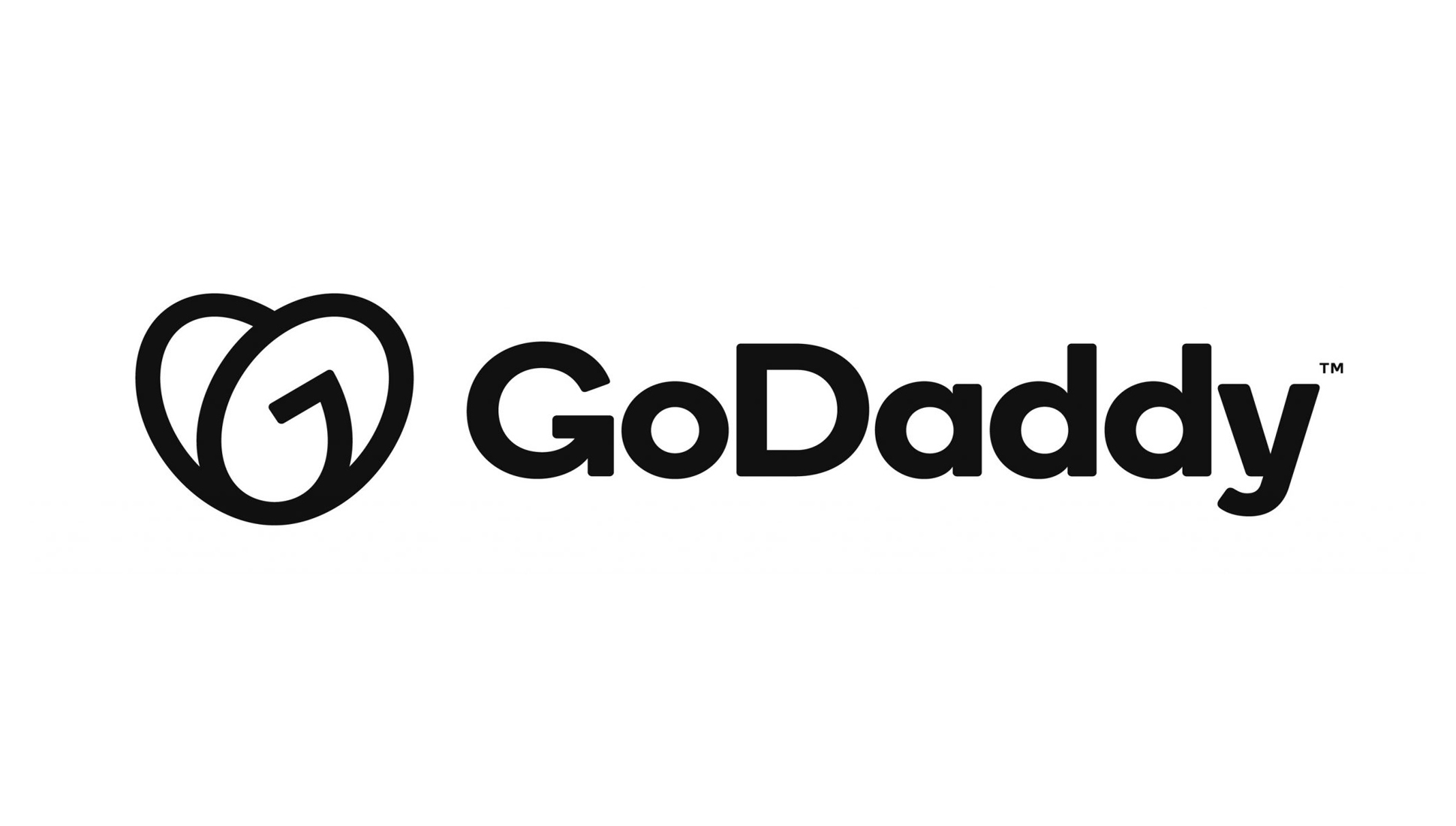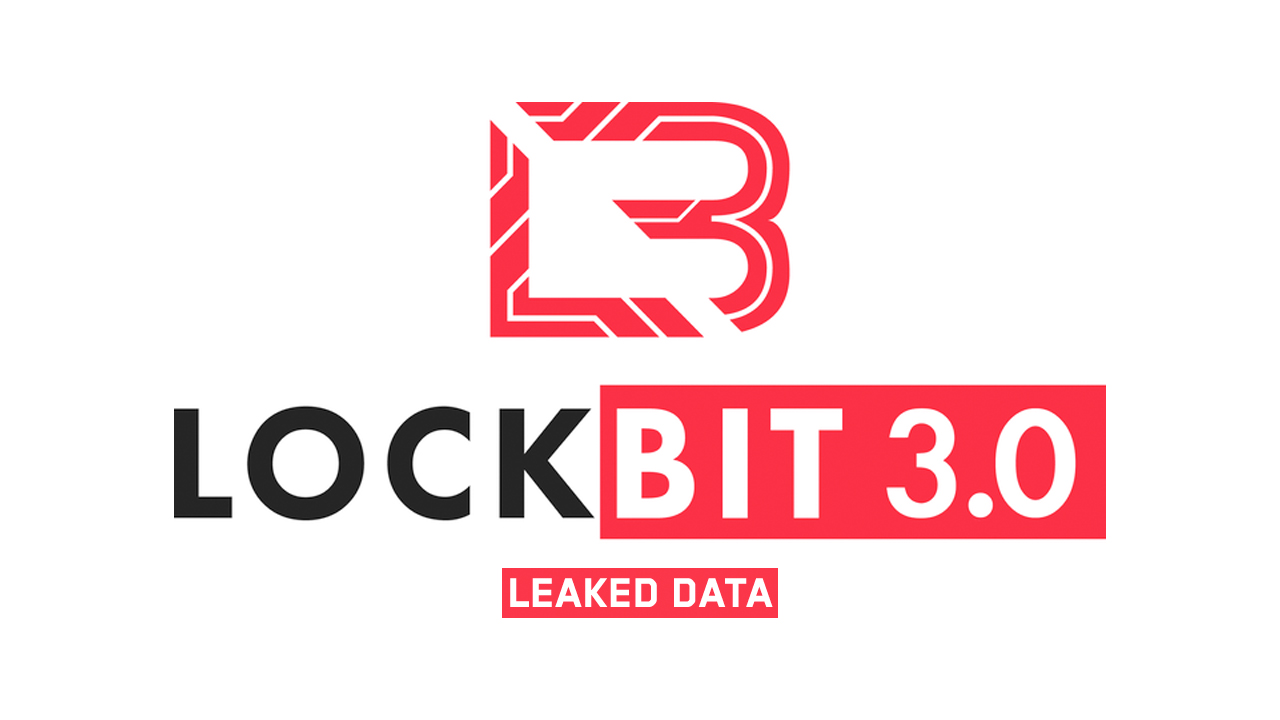DDoS attacks increase 40% year-on-year
Multi-vector and DNSSEC amplification grew at the fastest rates


Research by Neustar has revealed DDoS attacks are getting more sophisticated as attackers use new methods to bypass defenders and increase the volume of attackers to have a longer-lasting effect on businesses.
"The DDoS attack landscape has become increasingly complex in 2016 because there is no singular goal behind these attacks; some seek to disrupt services, while others serve as smokescreens to breach data," said Rodney Joffe, SVP and Fellow, Neustar. "Organisations must remain vigilant against conventional attacks, even as new threats are realised today and in 2017."
The frequency of attacks has increased 40% year-on-year, while multi-vector attacks have increased more than three-fold in the same period. These attacks have a particularly negative effect because they use a combination of attack mechanisms to confuse defenders and increase attack volume, resulting in a longer-lasting attack. This type of attack accounted for more than half of all DDoS activity investigated by the real-time information and analytics firm.
Another big trend uncovered by Neustar was hackers taking advantage of the weaknesses in DNS and DNSSEC. DNS attacks increased by 648% compared to the same period (January 1st-November 30th) last year. It explained that many attackers using this method leveraged DNSSEC amplification to significantly increase the volume of traffic used in an attack.
Although using the IoT to launch DDoS attacks isn't a new method, the idea of using such technologies to bring down an organisation was realised by Mirai in 2016. It uses IoT device credentials to enrol them into botnets and use them to launch attacks, without the user knowing they are being used to perform attacks.
"Mirai signals a watershed moment for DDoS attacks, where the bad guys finally turned the Internet back on its users," said Joffe. "It is imperative to invest in effective DDoS protection now because the threat landscape has fundamentally changed."
Get the ITPro daily newsletter
Sign up today and you will receive a free copy of our Future Focus 2025 report - the leading guidance on AI, cybersecurity and other IT challenges as per 700+ senior executives

Clare is the founder of Blue Cactus Digital, a digital marketing company that helps ethical and sustainability-focused businesses grow their customer base.
Prior to becoming a marketer, Clare was a journalist, working at a range of mobile device-focused outlets including Know Your Mobile before moving into freelance life.
As a freelance writer, she drew on her expertise in mobility to write features and guides for ITPro, as well as regularly writing news stories on a wide range of topics.
-
 Should AI PCs be part of your next hardware refresh?
Should AI PCs be part of your next hardware refresh?AI PCs are fast becoming a business staple and a surefire way to future-proof your business
By Bobby Hellard
-
 Westcon-Comstor and Vectra AI launch brace of new channel initiatives
Westcon-Comstor and Vectra AI launch brace of new channel initiativesNews Westcon-Comstor and Vectra AI have announced the launch of two new channel growth initiatives focused on the managed security service provider (MSSP) space and AWS Marketplace.
By Daniel Todd
-
 UK crime fighters wrangle “several thousand” potential cyber criminals in DDoS-for-hire honeypot
UK crime fighters wrangle “several thousand” potential cyber criminals in DDoS-for-hire honeypotNews The sting follows a recent crackdown on DDoS-for-hire services globally
By Ross Kelly
-
 US begins seizure of 48 DDoS-for-hire services following global investigation
US begins seizure of 48 DDoS-for-hire services following global investigationNews Six people have been arrested who allegedly oversaw computer attacks launched using booters
By Zach Marzouk
-
 Will triple extortion ransomware truly take off?
Will triple extortion ransomware truly take off?In-depth Operators are now launching attacks with three extortion layers, but there are limitations to this model
By Connor Jones
-
 GoDaddy web hosting review
GoDaddy web hosting reviewReviews GoDaddy web hosting is backed by competitive prices and a beginner-friendly dashboard, and while popular, beware of hidden prices
By Daniel Blechynden
-
 Japan investigates potential Russian Killnet cyber attacks
Japan investigates potential Russian Killnet cyber attacksNews The hacker group has said it’s revolting against the country’s militarism and that it’s “kicking the samurai”
By Zach Marzouk
-
 LockBit hacking group to be 'more aggressive' after falling victim to large-scale DDoS attack
LockBit hacking group to be 'more aggressive' after falling victim to large-scale DDoS attackNews The ransomware group is currently embroiled in a battle after it leaked data belonging to cyber security company Entrust
By Connor Jones
-
 Record for the largest ever HTTPS DDoS attack smashed once again
Record for the largest ever HTTPS DDoS attack smashed once againNews The DDoS attack lasted 69 minutes and surpassed the previous record of 26 million RPS
By Praharsha Anand
-
 Cloudflare unveils new One Partner Program with zero trust at its core
Cloudflare unveils new One Partner Program with zero trust at its coreNews Cloudflare CEO Matthew Prince says the initiative aims to take the complexity out of zero trust architecture
By Daniel Todd